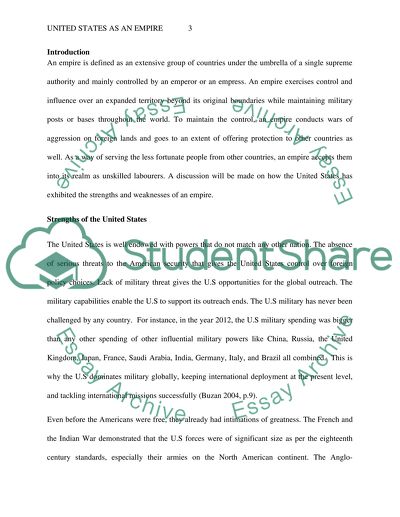Cite this document
(“The United States as an Empire Research Paper Example | Topics and Well Written Essays - 2500 words”, n.d.)
The United States as an Empire Research Paper Example | Topics and Well Written Essays - 2500 words. Retrieved from https://studentshare.org/history/1687808-history-essay
The United States as an Empire Research Paper Example | Topics and Well Written Essays - 2500 words. Retrieved from https://studentshare.org/history/1687808-history-essay
(The United States As an Empire Research Paper Example | Topics and Well Written Essays - 2500 Words)
The United States As an Empire Research Paper Example | Topics and Well Written Essays - 2500 Words. https://studentshare.org/history/1687808-history-essay.
The United States As an Empire Research Paper Example | Topics and Well Written Essays - 2500 Words. https://studentshare.org/history/1687808-history-essay.
“The United States As an Empire Research Paper Example | Topics and Well Written Essays - 2500 Words”, n.d. https://studentshare.org/history/1687808-history-essay.


